'Remembering his legacy:' 26 years after his death, NASCAR's Alan Kulwicki still making an impact
26 years after his death, NASCAR`s Alan Kulwicki still making an impact
26 years after his death, NASCAR`s Alan Kulwicki still making an impact
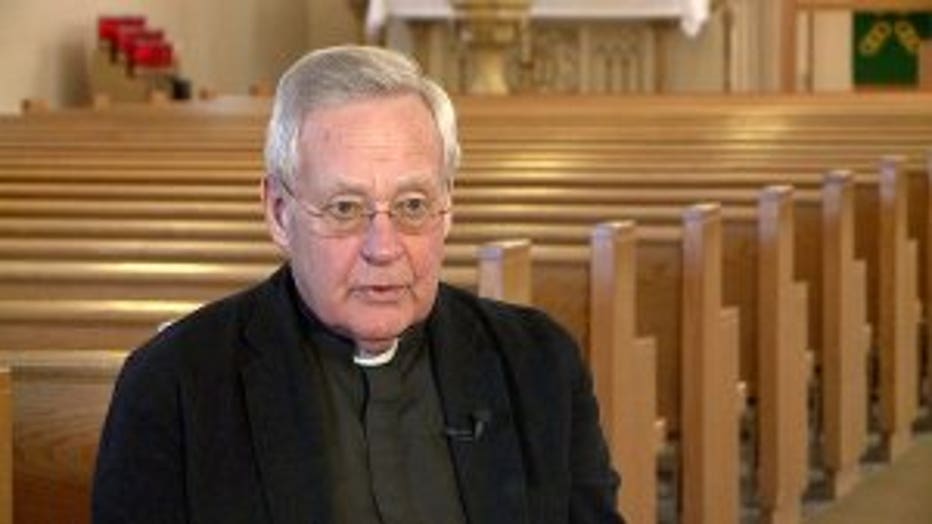
Fr. Dale Grubba
MILWAUKEE -- Competitors viewed him as an underdog, but all along -- his sights were set on something else. Sunday, March 31 marked the eve of the 26th anniversary of Alan Kulwicki's death, but even all these years later, the racing legend is still making an impact.
“He always had the odds stacked against him,” said Fr. Dale Grubba, a friend of Alan Kulwicki. “He had determination and perseverance like you can’t believe.”
In a sport measured by distance, where getting there first is all that matters, a new name surfaced on the stock car racing circuit in the 1970s.
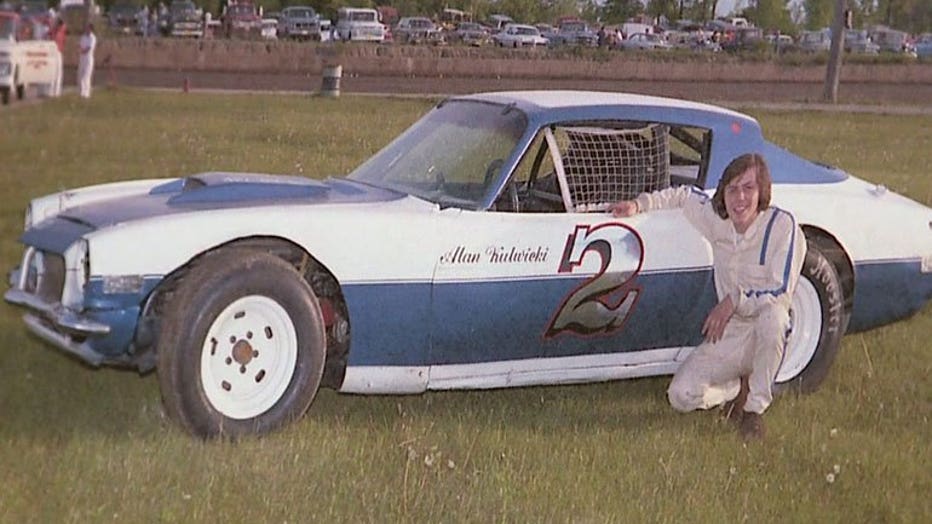
Alan Kulwicki
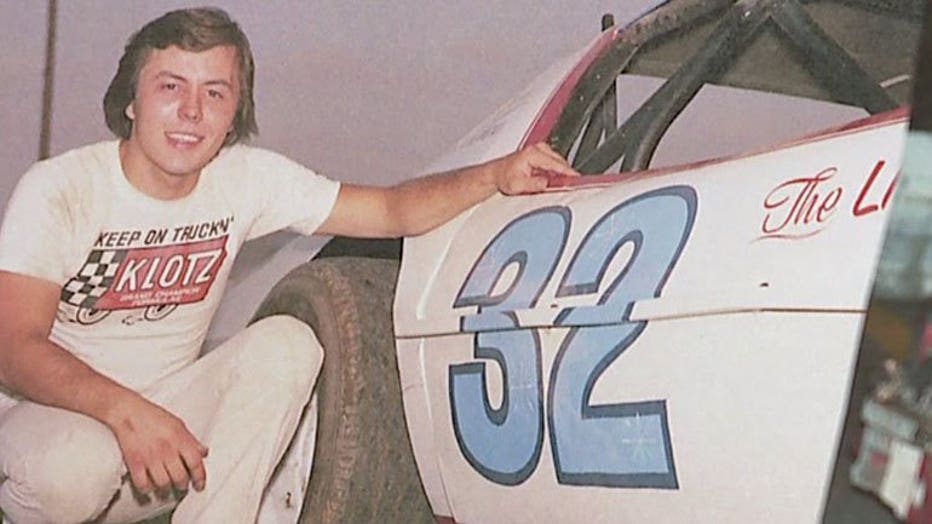
Alan Kulwicki
“This guy they called 'Klicki.' They didn’t say 'Kulwicki,'" said Todd Thelen, owner and promoter of Slinger Speedway.
That "guy" from Greenfield, Wisconsin would change the game.
“He did something that no one else has really been able to accomplish,” said Grubba.
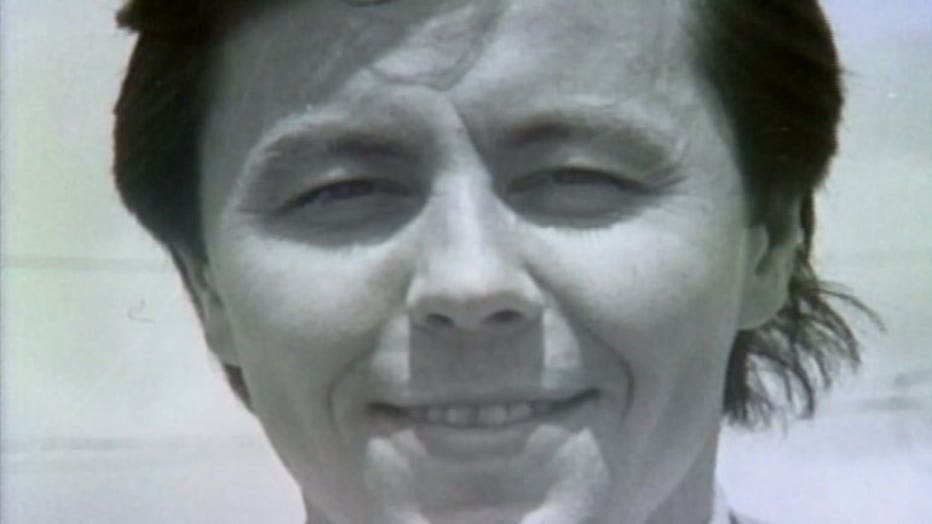
Alan Kulwicki
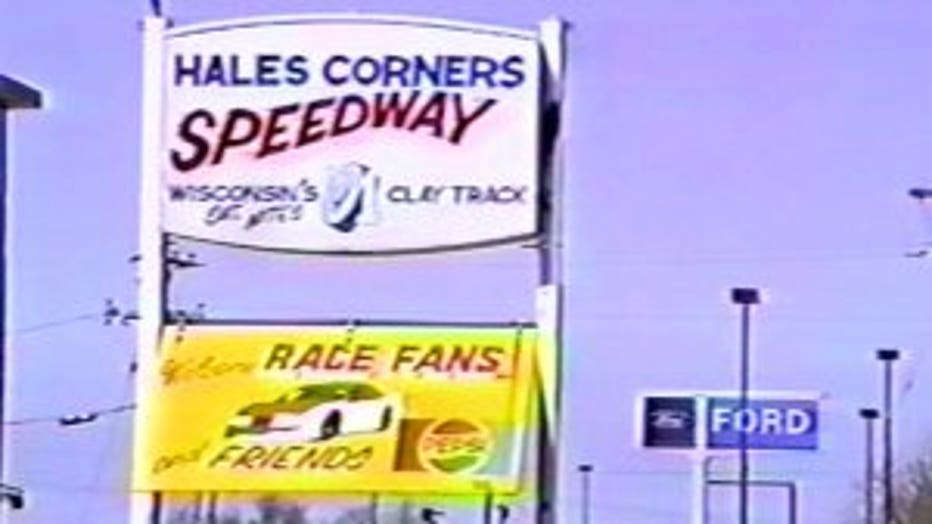
Hales Corners Speedway
As a teen, Alan Kulwicki tackled kart racing, then took to dirt tracks like Hales Corners – where this "Polish Prince" was crowned Rookie of the Year in 1973.
“As a kid, you’re just, you’re starstruck!” said Thelen. “It was on the edge of the seat, watching him go through the cars.”
Thelen watched from the grandstands, admiring the man who had his sights set on becoming a legend. Now, Thelen is the owner of Slinger Speedway -- where Kulwicki eventually replaced dirt tracks with asphalt.
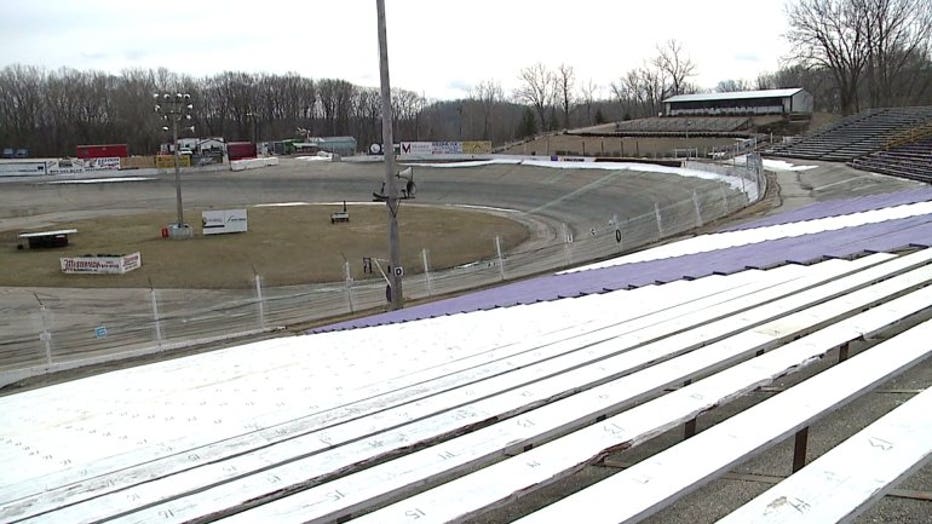
Slinger Speedway
“He always just would say, 'I’ve accomplished what I want to accomplish here. Now, it’s time to move on,'” said Grubba.
On Kulwicki went, with one goal in mind…
“…which was NASCAR,” said Grubba.
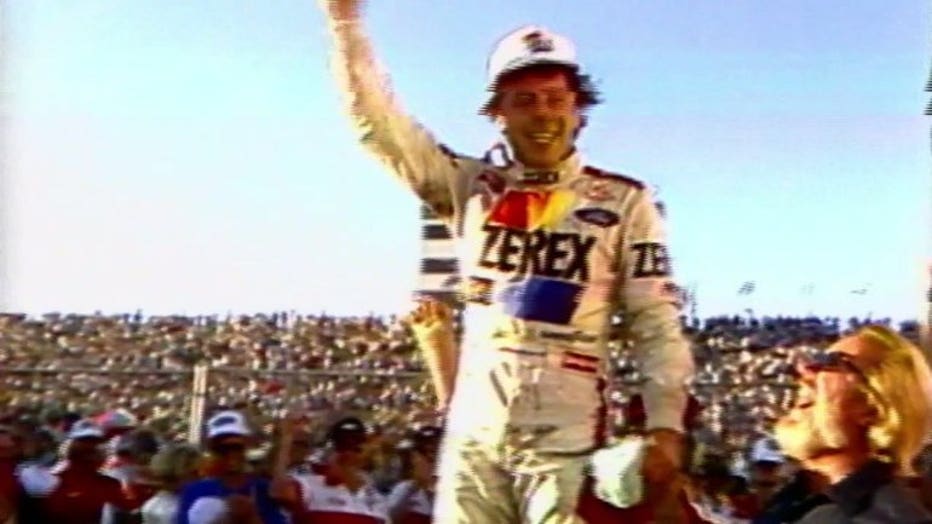
Alan Kulwicki
After graduating from UW-Milwaukee with a degree in mechanical engineering, Kulwicki packed his pickup and drove down south -- into the heart of stock car racing.
“He wanted to do things in his own way,” said Grubba.
Still, critics at home doubted his decision. Without a sponsor, Kulwicki had a fraction of the resources available to his opponents.
“That was kind of the consensus, that Alan was going, but he would be back because he wouldn't make it,” said Grubba. “When he made up his mind, he would find a way of doing it.”
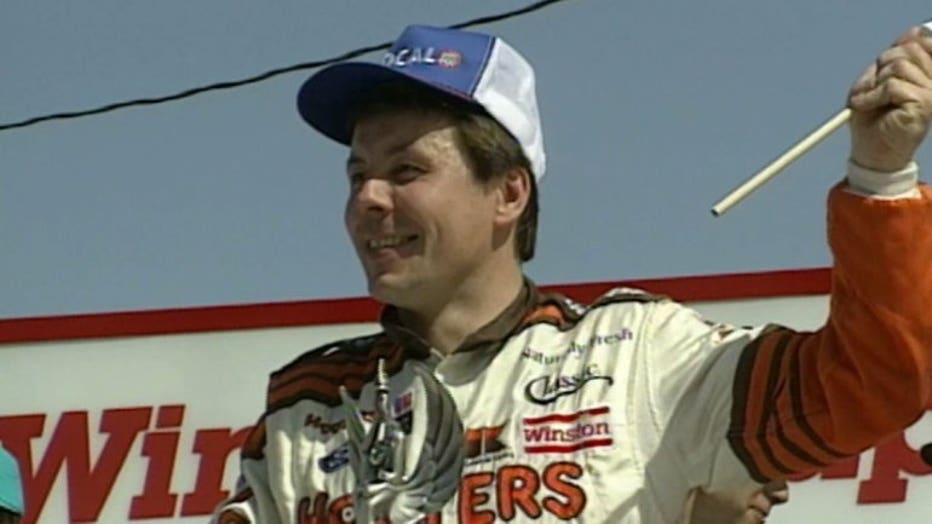
Alan Kulwicki
First a fan, then a racing photographer, Grubba began giving racetrack invocations in the 60s. Over the years, he and Kulwicki would forge a bond -- one in friendship, one in faith.
“He had a St. Christopher medal welded under the seat of his race car,” said Grubba.
Currently a priest at St. John’s in Princeton, and St. James in Neshkoro, Grubba said Kulwicki’s drive was unparalleled.
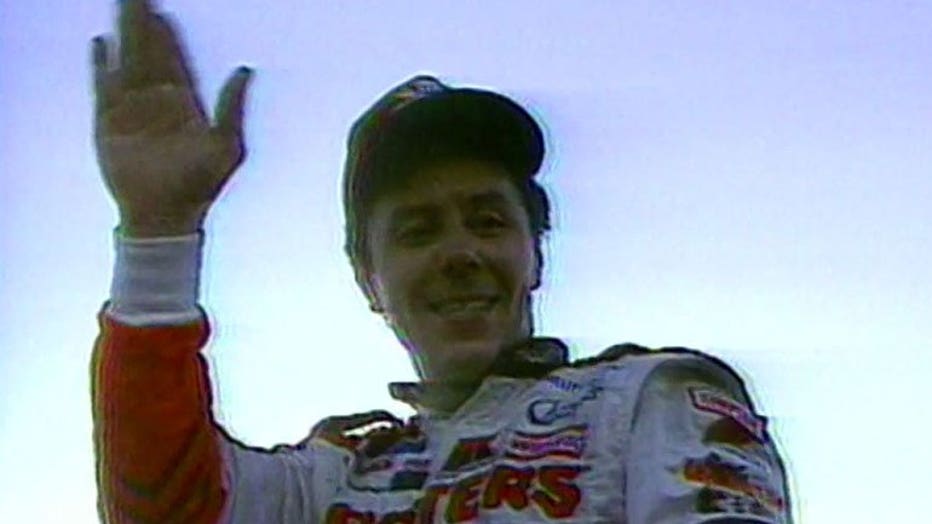
“It was hot... miserably hot. Everyone else is laying around the pool, but Alan is out on the track practicing. That was how he turned out to be a winner,” said Grubba.
Winning big, meant celebrating bigger. After Kulwicki’s first win on the NASCAR stage in 1988, the "Polish victory lap" was born.
“He turned the car around and went around the track backwards,” said Grubba.
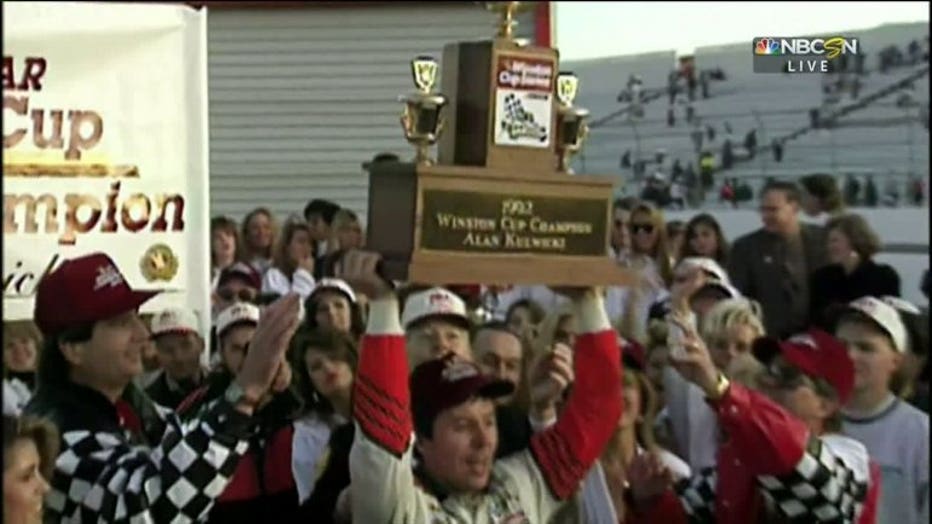
Alan Kulwicki
Kulwicki performed to a "T" and dressed like it too.
“When he’d get out of the race car, he’d comb his hair before he got out in winner’s circle," said Grubba.
As Kulwicki took checkered flags, he turned heads, securing Hooters as his sponsor.
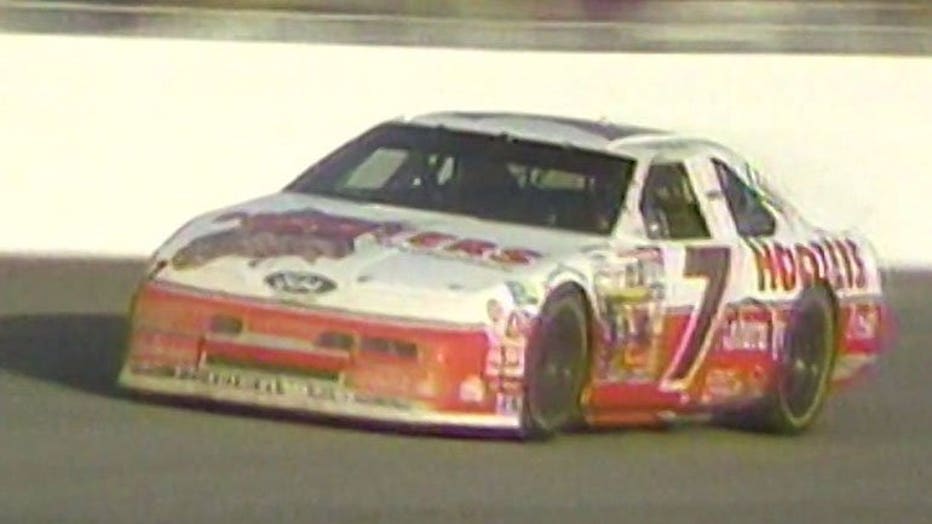
In the end, Kulwicki’s career came down to one race. It would determine the winner of the 1992 Winston Cup Championship -- a points race between Kulwicki, Davey Allison and Bill Elliott.
“There again was his calculating mind. He knew exactly how many laps he had to run to get that extra five points -- and he ran it right out until he led the most laps,” said Grubba.
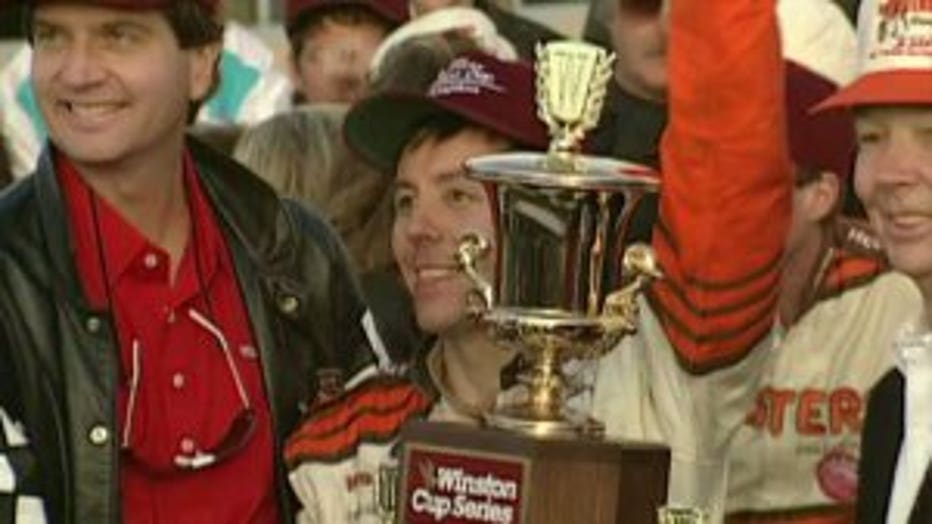
Alan Kulwicki
Kulwicki would cross the finish line second, but ultimately victory was his. Winning as a car owner and driver was a feat by itself, but Kulwicki also became the first college graduate to win a NASCAR championship.
“I think from the start, he liked to have control of things,” said Grubba.
His last lap, though, was out of his control. Less than six months later, Grubba would give the funeral service for his dear friend -- who was killed in a plane crash on April 1, 1993 in Blountville, Tennessee.
“It’s hard to tell because I’ll get all teary eyed,” said Grubba. “I have a deep love for him.”

At UWM, Kulwicki’s legacy lives on in the form of a thinker space -- the Kulwicki Pit Stop, which is soon to be renovated as the Kulwicki Garage.
At the College of Engineering and Applied Science, Ilya Avdeev -- an associate professor of mechanical engineering -- is following Kulwicki’s example.
“We want our students to kind of embody this spirit of having an idea, having something to engineer, but also having a way to finance it, finding a way to run with it,” said Avdeev.
The meeting space is open to all students, where like Kulwicki’s, their dreams can be turned into a reality.
“He basically made other people believe in it,” said Avdeev.
In February, Kulwicki was inducted into the NASCAR Hall of Fame as a member of its 10th class. Avdeev was in attendance.
“Not quite race weather, but we’re getting close,” said Thelen.
At Slinger Speedway, Thelen would host the Annual Alan Kulwicki Memorial Race in spring 2019, celebrating an underdog who went the distance -- and proved himself a legend.
“That’s what it’s about. Remembering his legacy,” said Thelen. “It’s not just racing related. Alan proved the American dream is still alive."

